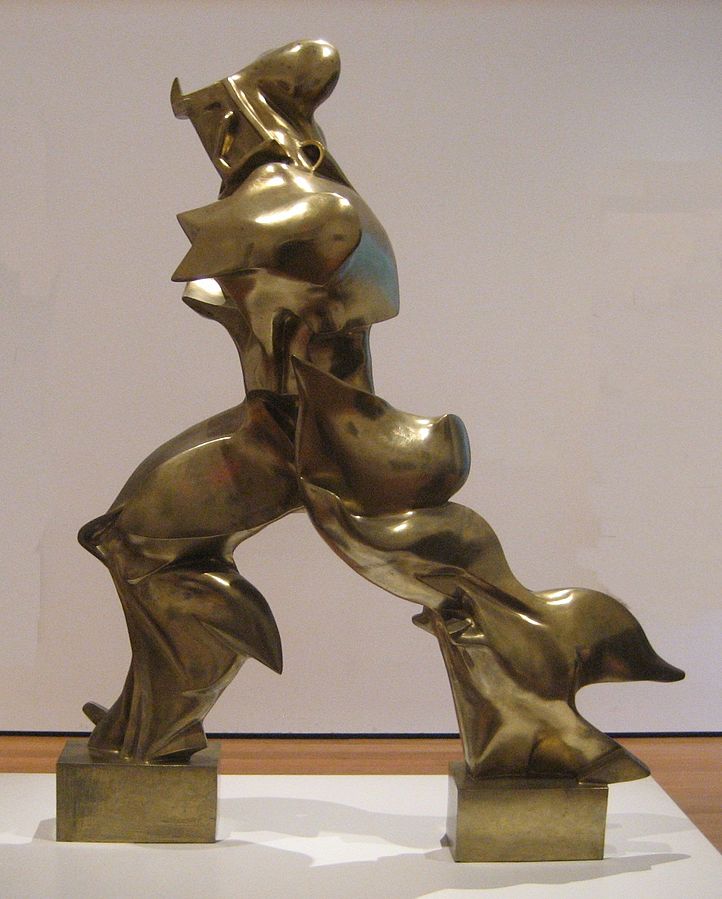The world is indeed mad. Apparently, ever since 2011, there has been a petition campaign demanding that women be featured on Canadian banknotes.
The latest CBC headline has it that “Bank of Canada still not committed to women on currency.” Still? They are obviously fighting the inevitable. Another current headline: “Petition asks, Where's [sic] the Canadian women on our money?” Earlier stories were: “Margaret Atwood backs petition calling for women on bank notes.” “BOC chief 'absolutely open' to putting women on Canadian bank notes.”
From all this, a foreigner might be excused for thinking there were no women on the Canadian currency. I can assure them all that, contrary to apparent popular belief within Canada, Queen Elizabeth is a woman. She is on the $20, as well as on all coins. In fact, therefore, there are more female than male faces on Canada's currency.
Ah, but they said “bank notes,” not currency. At least, some of them did. Here, Elizabeth appears only on the twenty, while prime ministers appear on four denominations, the five, ten, fifty, and hundred. On the reverse, there are only two identifiable human beings. One is an astronaut, sex impossible to determine inside the space suit. The other is a generic female scientist.
So there are indeed women on Canadian banknotes as well. It is not a question of “no women”; perhaps of two women vs. four men. At least, if one were going to demand equality on all counts, there should be more women on the obverse of the banknotes. But by the same token, there should be more men on the reverse and on the coinage. On balance, women are still currently overrepresented.
Quick fix: take Borden off the hundred, and put Elizabeth back on.
Everybody happy? I doubt it.
I do agree that putting prime ministers, heads of government, on the money is a boorish idea. It is like bringing up politics with someone you do not know. The entire point of having a monarch is that heads of government are released from the conflict of having to be seen as symbols of the nation. This keeps our politics free and honest. No Grit should really be obliged to revere a Tory prime minister, or vice versa; let alone the Dippers or the Greens. This is a good argument for keeping the Queen on all denominations.
The petitioners seem to be arguing that she does not count, because she is not a “Canadian woman.” But in what sense is the Queen of Canada not Canadian? Ethnically? Are we an ethnic nation? Okay, suppose we are. She is not ethnically English or Scottish, either. Can you imagine the British removing her from their currency for this? Do we really want to look like racist hicks?
 |
| Canadian one dollar from 1917, with the original Princess Pat. |
Failing putting the head of state on the currency, it makes sense to feature major cultural—not political—figures. These serve well as symbols of the nation, because they in a real sense made the nation, and express its spirit: Shakespeare for England, Goethe for Germany, Mozart for Austria, Dante or Da Vinci for Italy. War heroes make some sense as well—they defended the entire country, presumably, and so can be seen as truly national. Dead ones, of course; live ones when glorified like this can be dangerous to one's liberty.
Sadly, it seems that this present protest was actually originally prompted by the removal of the “Famous Five” and Therese Casgrain from the reverse of the $50 bill. Indeed, how else can it be made to make any sense? It is not that there are no women on the bills; there obviously are. It must be that we are somehow morally obliged to honour these particular women, and no other.
But nothing could be a worse idea than featuring them on the bank notes. In the first place, as far as one can tell, they did nothing that was not driven by pure self-interest. No doubt the “Famous Five” wanted very much for it to be possible to appoint women to the Senate. Is that really a pressing concern for the average Canadian woman? Wasn't it something of more immediate interest to the Famous Five in their own careers? Nor did they take any obvious risks or make any personal sacrifices in pursuit of their goals—unless one considers being “famous” a burden. All were deft, from long experience, with a silver spoon. What sort of moral example, what sort of country, do they represent?
 |
| Is that really not a woman on the reverse? |
Worse, they are clearly political figures, and in a far deeper sense than are prime ministers. They were highly ideological, highly partisan figures, controversialists, who were never called upon in life, as prime ministers were, to represent or to manage the entire country. Moreover, their ideologies were unrepresentative, generally unpopular with Canadians at the time. As head of the Quebec CCF, then the Quebec NDP, Casgrain, for example, never managed to get herself or anyone else elected to any public office. That in itself is a remarkable record. The “Famous Five” were public advocates for appointing women to the Senate, for whatever that is worth—women had been sitting in the British House of Lords for centuries, and they were already sitting in the Canadian House of Commons at the time, having been obviously recognized by all as persons. But they were also, all and severally, loudly for eugenics, against immigration, and for prohibition. Emily Murphy, their leader, was
an especially open racist. Casgrain, of course, believed in nationalizing all key industries.
I think these still today count as controversial views. Canadians should be free to agree with them if they choose, but also to disagree if they choose. Canadians should, indeed, be free to believe more controversial things: that women should not be appointed to the Senate, or that women should not have the vote. That's how freedom works. No Canadian should be obliged to implicitly honour and endorse these views or these women by carrying their pictures in his wallet. Putting them on the currency is not the action of a free country.
 |
| The Countess and Earl of Aberdeen. In that order. |
I do like, on the other hand, the idea of putting cultural figures on the currency instead of politicians. I am generally embarrassed by the current issue. The Canadarm—a bit part in someone else's project? A hokey image of someone looking in a microscope to represent medical research? Canada is better than this. And some women would indeed be worthy of being featured. I just don't think the women who deserve the honour would please these petitioners.
The one woman who probably has the best claim to be added, after all, is Queen Victoria, she being Canada's first Head of State. After that, if you want female war heroes, Laura Secord and Madeleine de Vercheres. If you want artists, Lucy Maud Montgomery, Pauline Johnson, La Bolduc. If you want humanitarians, Jeanne Mance, Marie de l'Incarnation, Marguerite de Bourgeoys, Marguerite d'Youville.
Ah, you might say, those last few are controversial, because they are Catholic saints. I say, if you make this objection, and you did not make the same objection to the Famous Five, you are a bigot. The Women's Christian Temperance Union is also a religious organization; they were all in it. So is the United Church, of which one of the Famous Five, Louise McKinney, was a founder. In any case, disqualifying a great humanitarian, someone who founded nursing orders, schools, and hospitals, because of her religion, is obviously anti-religious or anti-Catholic, not neutral between religions.
I'm all for having all these women on the currency. So long as we also have an equal number of men. I doubt anyone should or would really object, as they justifiably could to the Famous Five and Casgrain.
But putting the “Famous Five” on the currency, as if they are the best examples we have of Canadian womanhood, is an insult, first to Canadian women, and then to all Canadians.
Why? Is this Canadian self-hate, or what?





























